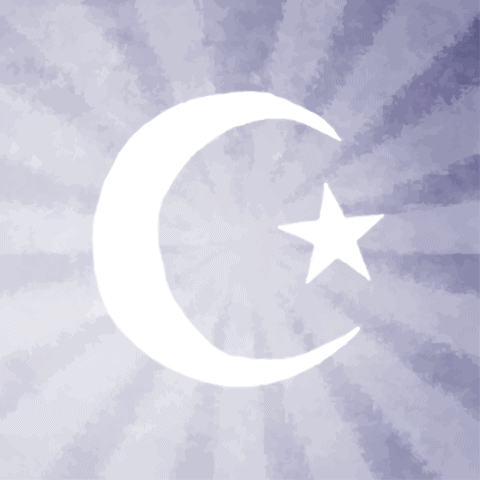As misconceptions about Muslim people hit a critical level in the United States with President Donald Trump’s Muslim ban, one student group at the University of Saskatchewan is working to create open dialogue and counter Islamophobia.
Islam Awareness Week, presented by the U of S Muslim Students’ Association from Jan. 23 to 27 on campus, introduced a series of talks to increase knowledge about Muslim students and the wider Muslim community. Topics discussed at the five lectures, one each evening, included the Quran, the Prophet Muhammad, hijab, mental health and love.
Mhmoud Essalah, a first-year medical student and the president of the MSA, explains that the main purpose of the event was to increase understanding.
“I think that everyone should have a basis at least [of] understanding what Muslims believe and what not. There are a lot of misconceptions out there. A lot of people think some negative things about Muslims, so we’ve tried to bring discussion back to what we believe is fundamental beliefs.”
people think some negative things about Muslims, so we’ve tried to bring discussion back to what we believe is fundamental beliefs.”
International experts, including academics and imams from Canada, the United Kingdom, the U.S. and Egypt, gave students an opportunity to learn from real people rather than from the media.
Jeren Hapyzova, fourth-year engineering major and executive member of the MSA for five years, was actively involved in organizing the event. She explains that students who want to know more about Muslim beliefs and practices can visit the Islamic Association of Saskatoon, open five days a week. On campus, students can contact the MSA by sending an email or visiting their Facebook page.
Hapyzova also shares why the MSA has worked to promote the awareness week at the U of S.
“We’re in a learning environment and also we’re taking classes with people with many backgrounds. I realize that this open discussion about Islam would bring people into understanding when they deal with [Muslim students] on a daily basis. For example, if they know ahead of time what Islam is about when they work with us in a school setting or class setting, they’d know better where we’re coming from, why we are here instead of just opinions about us through media,” Hapyzova said.
Essalah explains that the MSA co-ordinated conversations with attendees at their events throughout the week and encouraged them to ask questions about core Muslim beliefs.
“Islam is not a major geopolitical socioeconomic phenomenon. We would like people to ask very deep questions: what Muslims believe about God, what do they believe about life after death … There are billions of Muslims in the world, so it is important that people understand who they are,” Essalah said.
He also provides some specifics on the important topics discussed during the event.
“There’s one particular [lecture], ‘The Real Talk,’ that disposes the level of misconceptions and myths out there. We talk about Islam’s solutions to many everyday problems. On [Jan. 23], we talked about the role of mental health in Islam. What is the most practical thing Muslims do in terms of what they believe and practice that can solve the mental health problems that we’re facing today. [On Jan. 25], we talked about the scripts and scripture of Quran verses, every day scripts like culture and tradition.”
Essalah recognizes that Muslim students are involved in all areas of the university and he believes that the event gave these students the chance to openly communicate with the public and their peers.
“We hope to promote dialogue; one of those things we really pride ourselves in is questions and answers,” Essalah said. “There are no questions that people aren’t allowed to ask or anything like that. They ask such questions to have a dialogue to connect with Muslims. We understand and are aware of the fact that we are part of this community, just like everyone else.”
—
Ronald Tran
Graphic: Jeremy Britz / Photo Editor